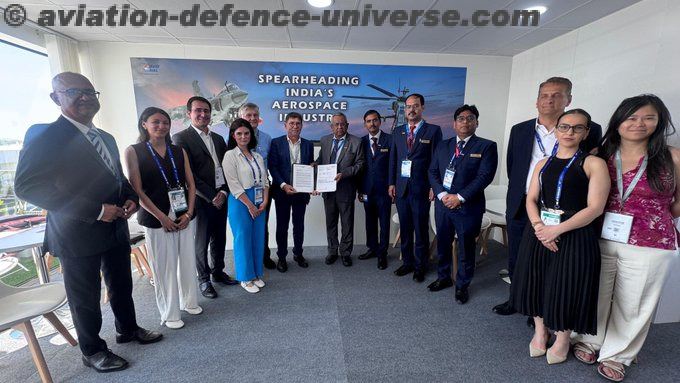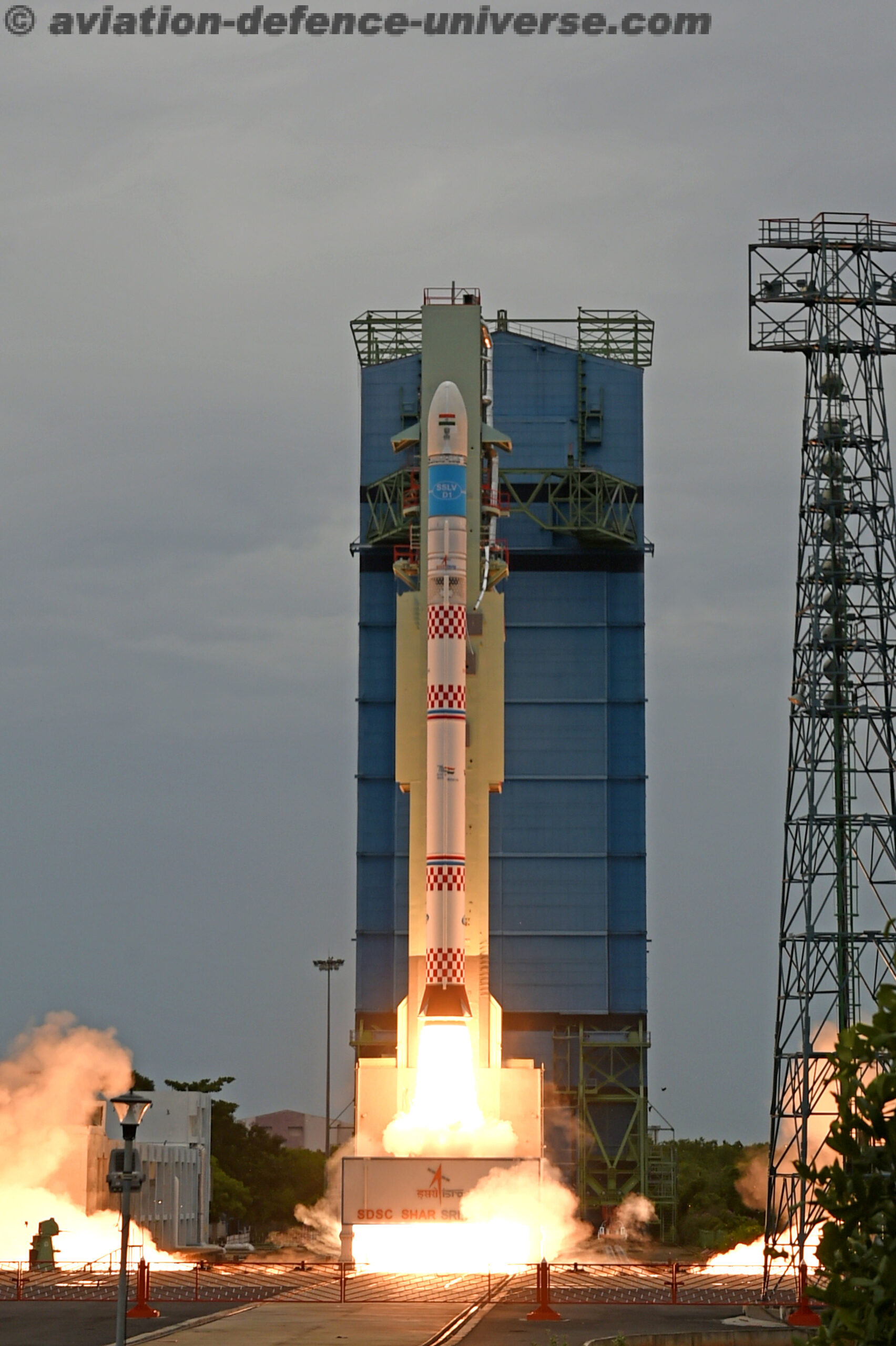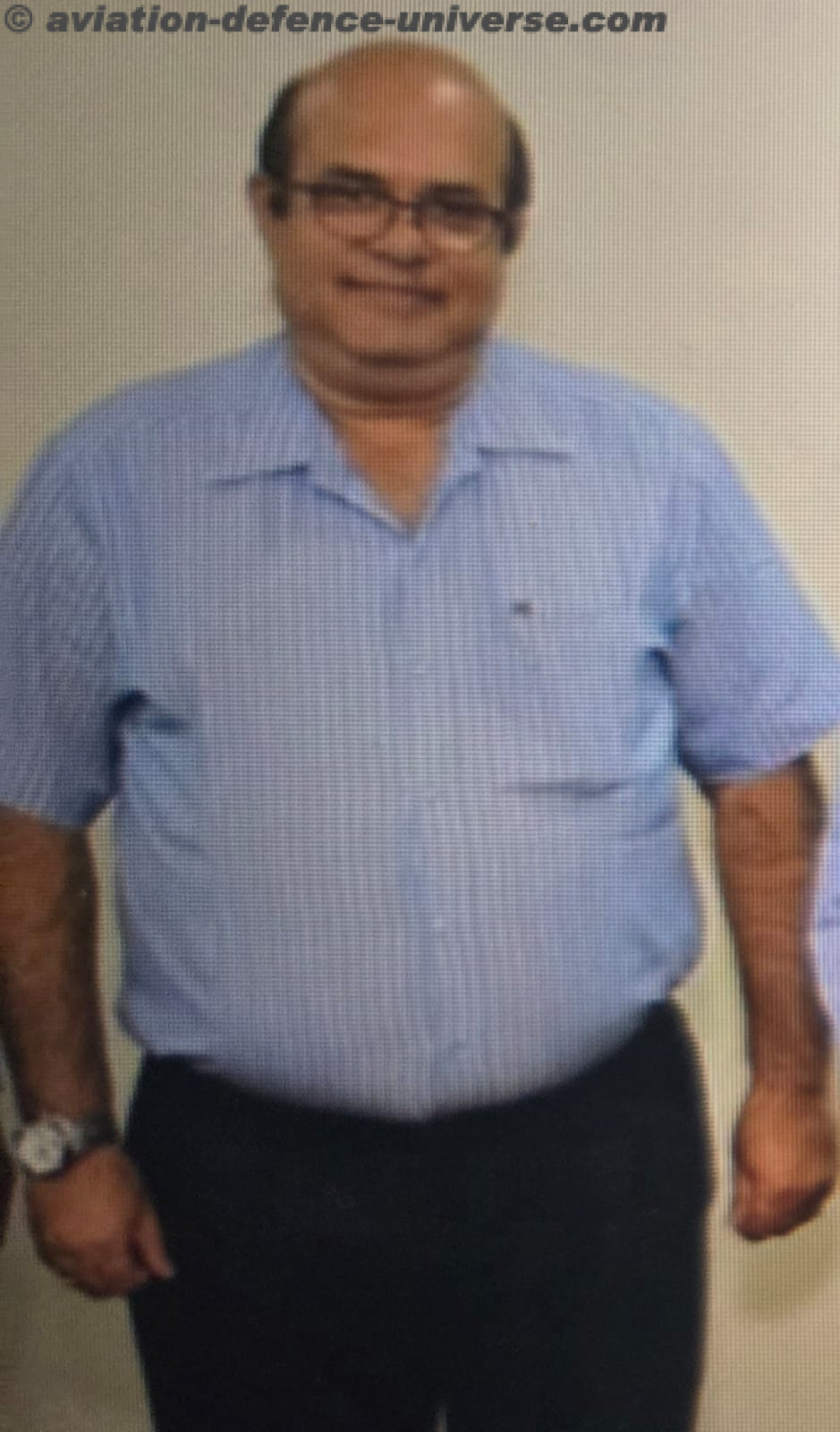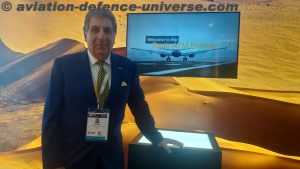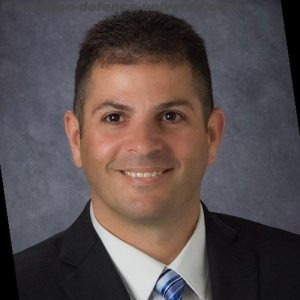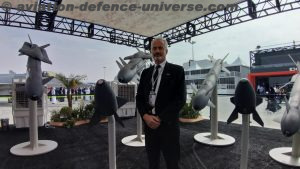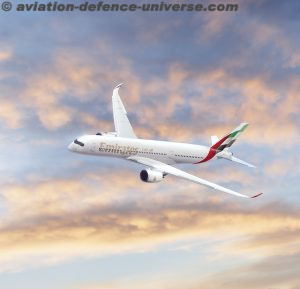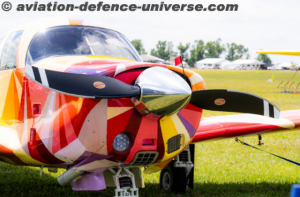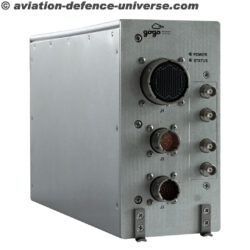 Geneva. 15 November 2023. Welcome to this new edition of IATA’s media update sharing a short overview of the latest industry developments on the road to #FlyNetZero carbon emissions by 2050.
Geneva. 15 November 2023. Welcome to this new edition of IATA’s media update sharing a short overview of the latest industry developments on the road to #FlyNetZero carbon emissions by 2050.
If you have comments or wish to share some news, please contact Nicolas Jammes.
WSS Summary
Early October, IATA held the first World Sustainability Symposium with a focus on actions needed to achieve the aviation industry’s commitment to net zero CO2 emissions by 2050. The WSS addressed key elements to help achieve net zero CO2 emissions by 2050:
- Climate impact mitigation strategies
- Tracking progress towards net zero
- Key enablers
 The event will become an annual feature on the IATA Events calendar. The press release is available here.
The event will become an annual feature on the IATA Events calendar. The press release is available here.
Industry
Associations representing the European aviation sector adopted a Joint Industry Declaration, announcing their intention to make Europe the most efficient and environmentally friendly sky to fly in the world. In line with the EU’s Green Deal objective of reaching climate neutrality by 2050, and to optimize capacity in the skies, associations representing airlines, airports, air navigation service providers, aviation manufacturers and business aviation have committed to joint action. They aim to transform the sector and work together to maximize capacity in the air, whilst further reducing the environmental footprint of flying.
Sustainable Aviation Fuels (SAF)
In the US, tech giant Microsoft will support the decarbonization of corporate air travel and its supply chain cargo through the purchase of SAF certificates from SAF producer and low-carbon solutions provider World Energy. The ten-year agreement will displace an estimated 43.7m gallons of traditional jet fuel with SAF. Also in the US, In a collaboration to strengthen sustainability in aviation, Boeing is partnering with NASA and United Airlines for in-flight testing to measure how SAF affects contrails and non-carbon emissions, in addition to reducing the fuel’s life cycle climate impact. Honeywell also announced that Embraer has successfully tested Honeywell’s HTF7500 turbofan engine on its Praetor 600 business jet using 100% SAF. Southwest Airlines announced an offtake agreement with USA BioEnergy, LLC for up to 680 million gallons of neat SAF over the 20 years.
In the EU, the final adoption of ReFuelEU Aviation has completed the ‘Fit for 55’ legislation. Aviation fuel suppliers will have to blend increasing amounts of SAF with kerosene, starting with a 2% minimum blend in 2025, and rising to 70% in 2050. In Ireland, a new feasibility study highlighted the country’s potential to develop a SAF industry generating revenue of €2.55 billion by 2050 and providing up to 1,000 high-skilled jobs. The study was produced by SkyNRG and SFS Ireland, in a partnership supported by Avolon, Boeing and ORIX Aviation. Also in Europe, Airbus marked an important milestone after completing a flight demonstration of the Airbus A321XLR with passengers onboard. The flight lasted around 6 hours, with 30% of the fuel being Sustainable Aviation Fuel (SAF) to power the aircraft. Ryanair has purchased 500 tonnes of sustainable aviation fuel (SAF) from OMV. DHL Express and World Energy have signed a long-term strategic agreement for the purchase of approx. 668 million liters of SAF via SAFcertificates (SAFc). Neste, ISCC and DHL Group have joined forces to pioneer and test a system through which airlines, logistics service providers and end customers such as corporates can credibly report the emission reduction achieved by using SAF to reduce their carbon footprint from air travel and transport.
In the Middle East, Abu Dhabi Future Energy Company PJSC – Masdar, is teaming up with Boeing to propel the SAF industry in the United Arab Emirates and globally. The partnership aims to further support the commercial aviation industry’s goal of achieving net-zero emissions by 2050. Emirates and Neste have expanded their partnership by solidifying their collaboration for the supply of over 3 million gallons of blended SAF in 2024 and 2025. In Saudi Arabia, SATORP, a platform jointly owned by Aramco and TotalEnergies, has for the first time in the region successfully converted used cooking oil through coprocessing into SAF.
In Japan, Yokogawa Electric Corporation announced it became the first industrial automation customer headquartered in Asia to join Avelia, blockchain book-and-claim platform for SAF. Launched in June 2022, Avelia was developed by Shell and Accenture, with support from the Energy Web Foundation together with American Express Global Business Travel (Amex GBT). Avelia aims to aggregate global business demand for SAF, to help increase SAF supply and support the aviation industry’s progress towards net-zero emissions.
New propulsions
VoltAero has flown the proprietary electric-hybrid powertrain for its Cassio family of aircraft with 100% sustainable fuel provided by TotalEnergies. The company has also become the latest electric aircraft company to begin construction on a factory by breaking ground at its final assembly line for the Cassio electric-hybrid aircraft at Rochefort Airport in France. Archer Aviation also announced plans to launch all-electric air taxi services in the UAE and in India.
In the UK, Protium is working together with hydrogen industry leaders to deliver an ambitious project that could enable hydrogen-powered aircraft to take off from UK airports sooner than anticipated. In Spain, Repsol has begun producing renewable hydrogen at the Petronor industrial center.
Offsetting & carbon capture
In Europe, easyJet has entered a formal pact with Airbus to offset emissions through carbon capture.
Certification
Morocco’s national air carrier, Royal Air Maroc (RAM) obtained the IEnvA (IATA Environmental Assessment) and IWT (IATA Illegal Wildlife Trade) labels issued by the International Air Transport Association (IATA). The double certification is awarded to carriers that display a commitment to the environment and the protection of nature.
Airports
In a major step toward eliminating emissions from the world’s 4,000+ commercial airports, Universal Hydrogen Co. and JBT AeroTech announced a joint development agreement for the design and development of an H2AmpCartTM – a hydrogen fuel cell-powered mobile battery charger for existing electrified airport ground support equipment.














